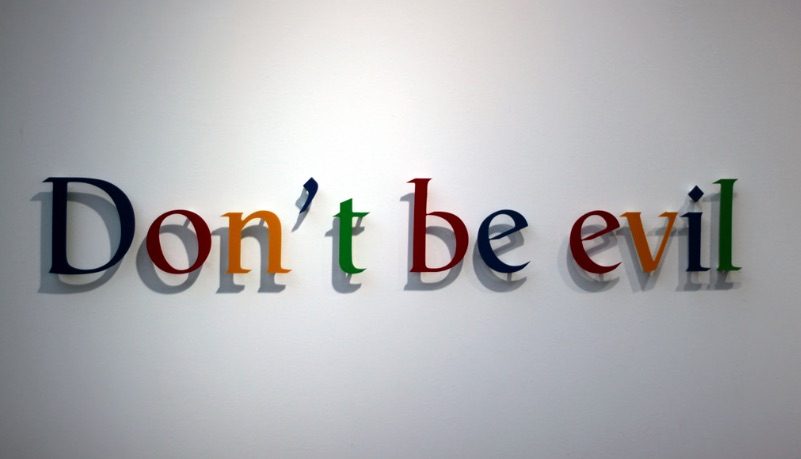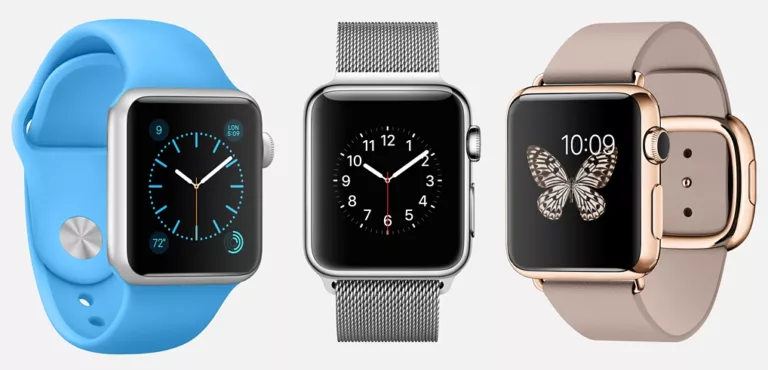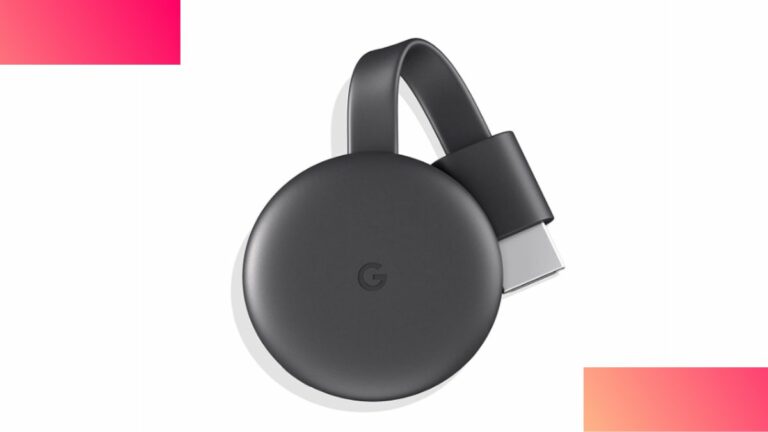Google’s New Smart Home Patent Is A Direct Attack On Our Privacy

Google is famous for tracking users and showing them targeted advertisements even if users do not want to see it. The search giant’s new patents for smart-home technology suggest that Google now wants to enter your bedroom to track you more efficiently.
The first patent talks about a smart device that could scan and analyze the surroundings of your home, and offer targeted ads on the basis of it. For instance, the device would be capable of scanning Will Smith’s face on a T-shirt lying on the floor of a closet. The device would then offer you suggestions related to Will Smith’s movies.
Using object identification technology, this smart device would categorize users into different categories on the basis of the data collected. The patented device would also detect the gender and age of residents of smart homes with the timbre of their voices.
Google already collects data from its different services to make a profile of users and display advertisements using it. The new smart home patent would further expand the scope of ‘data collection’ to make the profiles more intimate.
Google’s second patent is a nightmare for parents who are concerned about their child’s privacy. Google talks about a sensor-based system that would monitor the activities of children and report them to parents. The system could detect foul language by overhearing the conversations and the “occupancy sensors” fitted in it, and would notify parents if their child enters certain restricted areas at home such as liquor cabinet.
As a warning to children, the system would change the color of lights to red.
Google’s new patents could help families set goals such as “Spend less time on electronic devices” and “Use 5 percent less energy each month for the next three months.” Third-parties could reward you upon completing these goals. However, your data will be shared with them for it.
Thankfully, the proposed smart-home system is just a patent at the moment. But, with the advancements happening around us, the snoopy smart home system could soon be a reality.
Also Read: Privacy-focused /e/ Smartphone OS Gets Support For More Devices






